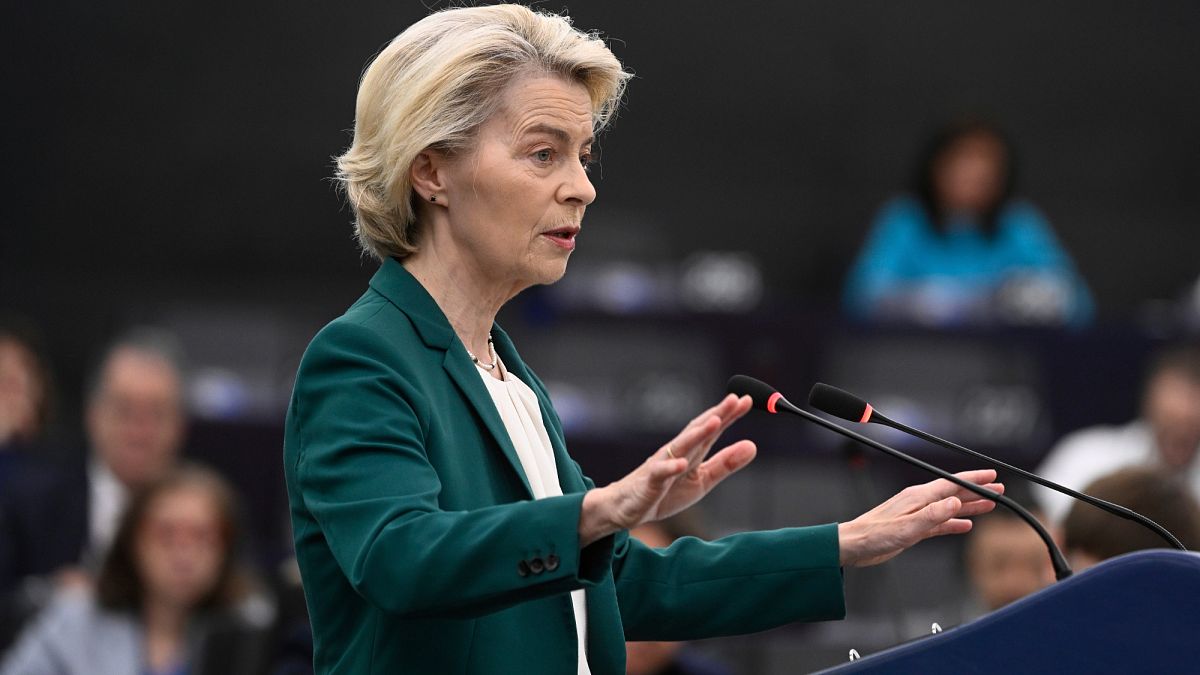The European Commission has failed to ensure adequate public consultation in its scramble to approve projects to mine critical raw materials, according to four Green MEPs who claim the executive has rebuffed requests for information and that they are mulling legal action against the executive.
The EU adopted a Critical Raw Materials Act (CRMA) last May, listing minerals such as lithium and cobalt essential for electric cars and other clean energy applications, as well as digital and weapons technology.
The EU is attempting to reduce dependency on single suppliers for these – such as China and the US – with the implementation of 60 extraction projects: 47 in the EU soil and 13 outside the Union.
China’s leadership in raw material extraction and production offer fierce competition to EU ambitions for production of electric vehicles and clean tech products.
MEPs Maria Ohisalo, Sara Matthieu, Majdouline Sbaï and Ana Miranda, sought information on mining projects they considered problematic
“Despite several requests by MEPs and NGOs we have not been given access or provided information about the assessments of selected or upcoming projects,” the MEPs told Euronews, adding: “We believe that transparency in these matters is not only a legal obligation, but an integral part of institutional accountability.”
Monitoring group has become an ’empty shell’, claims MEP
“While the European Parliament has observer status in the CRM board, relevant information on the choice of projects has not reached us,” the French MEP Majdouline Sbaï from Les Ecologistes told Euronews.
The Critical Raw Material (CRM) board is a monitoring group (MG) within the European Parliament committee for international trade established to offer MEPs access to confidential Commission information regarding trade.
“Since the start of the mandate, at least in the CRM MG, but I would say in all the monitoring groups we followed, the Commission keeps repeating information that is already made public. These MGs have thus become empty shells,” Sbaï told Euronews.
The four MEPs sent a letter to the Commission in early May, seen by Euronews, asking access to the impact assessments of the mining projects.
In addition, they also requested the names of the independent experts who conducted the assessments to verify their impartiality, the exact geographical locations of the projects, and details on how the Commission plans to monitor their progress.
The MEPs told Euronews they received a response later in May from Kerstin Jorna, the European Commission’s Director-General for Internal Market, Industry, Entrepreneurship and SMEs, which they described as vague and evasive.
Euronews reached the Commission for a comment without receiving a reply at the time of publication.
The projects
The six projects eyeballed by the MEPs are: the Mina Doade in Spain; the Barroso mining project in Portugal; the Sakatti project in Finland; another in the Allier region of France, and two outside the EU, in Serbia and New Caledonia.
Recursos Minerales de Galicia initially had its 2018 mining project for the “Alberta I” area rejected by regional authorities in 2020. In 2024, the company resubmitted the project under the name “Mina Doade”, and it has since been approved by the European Commission under the CRM.
Another project approved by the Commission is located in protected marshlands in Viiankiaapa, Finland. The site forms part of the EU Natura 2000 network of sites designated for bird and biodiversity conservation.
“Mining does not belong to protected areas,” Finnish MEP Maria Ohisalo told Euronews, claiming that mining such an area “destroys the very basis of nature conservation”.
A €1 billion lithium project in France’s Allier region, set to be the country’s largest mining operation in decades, is sparking local controversy. Over five months of public debates, residents have raised concerns about water contamination, high energy use, and chemical risks.
“Fast-tracking extraction without pursuing strategies to moderate demand for raw materials and seeking consent of local communities is a recipe for disaster,” Belgian MEP Sara Matthieu told Euronews.
Similar concerns were raised for a project in Serbia where a year ago, the Jadar mining project was unblocked to become the EU’s largest supplier of lithium, amid strong protests.

